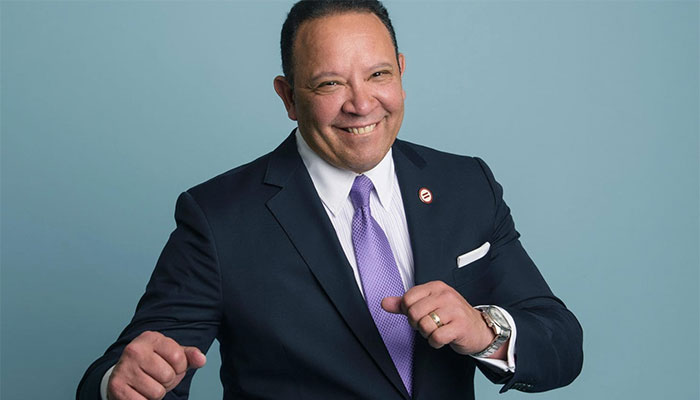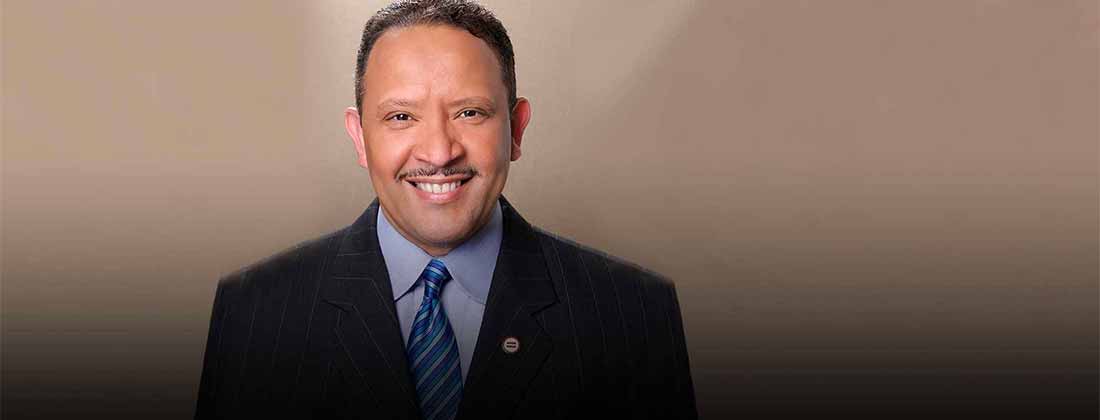Episode 14
Urban League’s Marc Morial: Good jobs critical in erasing effects of discrimination
Sept. 5, 2019
To help people learn the skills they need to get better jobs and move up the economic ladder, community-based workforce providers are as important as community colleges and four-year colleges.
That’s the argument National Urban League President and CEO Marc Morial makes on the 14th installment of our Lumina Foundation podcast, “Today’s Students/Tomorrow’s Talent.”
“When you’re talking about people who may not have finished high school, when you’re talking about people who may have finished high school but didn’t go on to postsecondary education, when you’re talking about people who may have had an experience with the criminal justice system, community-based providers sometimes are far more effective, a lot more culturally competent, in helping take that first step, in helping people get those first skills,” Morial said.
As head of the National Urban League, which looks to connect job seekers with employers who understand their mission and the importance of diversity and inclusion in the workplace, Morial oversees an organization with 95 affiliates in 35 states that serves 2 million people.
Its overarching philosophy is that work that pays well and provides benefits is one of the essential elements of a free society.
Toward that end, Morial said, Urban League affiliates do a lot of work to correct the “significant and broad” economic disparities that exist in America. He noted that black and brown people have a lower average income compared with white Americans, and they also own only one-tenth of the wealth that their white counterparts have. The reason for that: barriers to employment over many years.
Morial, who was mayor of New Orleans from 1994-2002, said that not until the 1960s could African-Americans in his city work as firefighters and police officers. And it wasn’t until the 1970s that they could work as garbage collectors on the back of trash trucks. In a 300-year-old city, that means African-Americans have only had access to upwardly mobile positions for about 50 years.
Morial told me that in the near term, we can help people move up if we do two things. One is to reinforce a lifelong learning model so that people at all levels have opportunity for advancement. “We need more opportunities for learning, and for learning to be carried out on a flexible schedule.”
And, he said, we need to rethink who is providing the training and education, and how those organizations are funded. Colleges and universities have a sturdy financing system, with funds that come from students in the form of loans, grants and scholarships, and they have tended to create programs like executive education that provide access to lifelong learning for a certain segment of the population.
Community-based providers, meanwhile, must raise money to provide education and other services to the most vulnerable. Morial said these providers need consistent funding. To help people “who may not be ready for community college, who may not want to go to community college, who may not be ready for four-year college but want to improve their skills, want to get back in the workforce, community-based workforce providers are the best option,” he said.
For much more from Marc Morial, check out the full conversation on our podcast—in the video with this blog or at our website.

